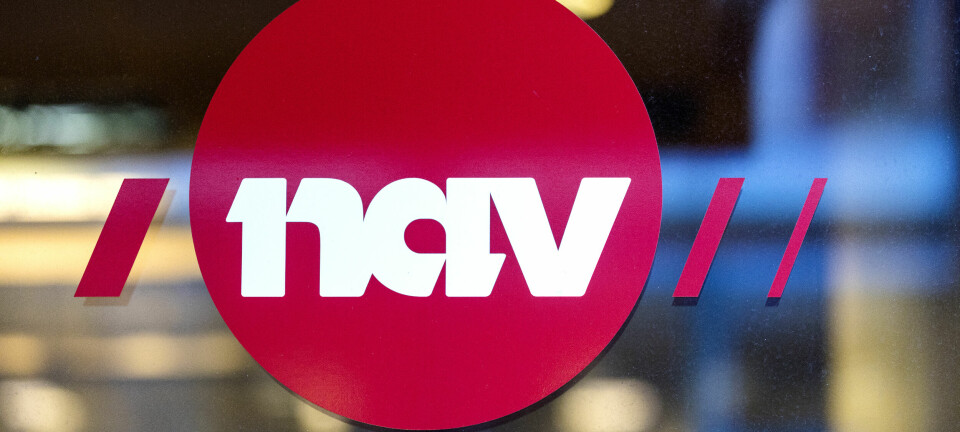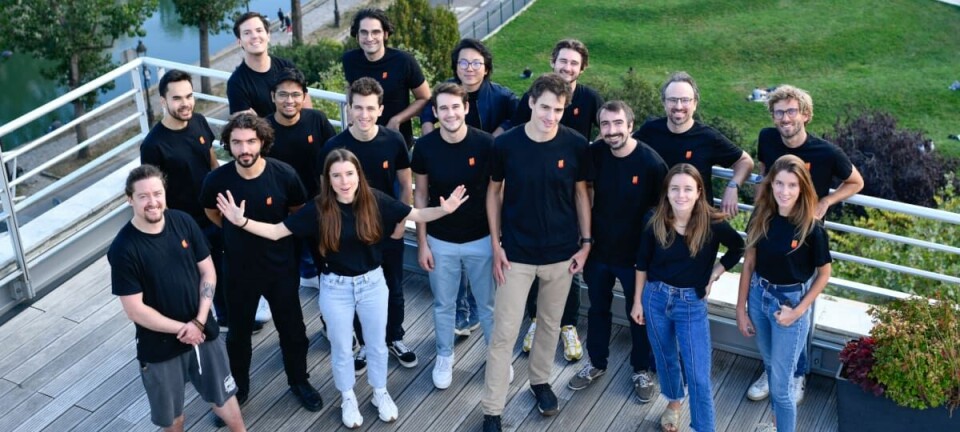
Free network software might radically change how routing works
IDG NEWS SERVICE: Startup 128 Technology says it can create secure paths across the Internet.
Radical new ideas are hitting network technology these days.
On Tuesday, one new startup promised to make switches fully programmable. Another, routing software company 128 Technology, said it would fix the Internet.
What 128 is proposing is a fundamentally different approach to routing, one that the company says will make networking simpler and more secure.
The Internet was designed just to send packets from a source to a destination, but it’s evolved into a platform for delivering content and services among large, private networks. These complex tasks call for capabilities beyond basic routing, like security and knowing about the state of a session, said Andy Ory, 128’s CEO. He was the founder of Acme Packet, a session border controller company Oracle acquired in 2013. His new company is named after Route 128, the famed Massachusetts tech corridor where its headquarters is located.
Conventional routers aren’t really equipped for those tasks, he said. So network engineers have added load balancers, firewalls, tunnels, MPLS (multiprotocol label switching), deep packet inspection and other components to augment routers. The complexity is starting to catch up with us, Ory said. “It worked for 20 years. But we’ve reached a point where it just doesn’t work anymore.”
As the Internet gets fragmented among private networks, it’s getting harder for companies to deliver applications and services to their customers, he said.
The solution, according to 128, is deterministic routing that can select, manage and enforce a path across the Internet. This would ensure traffic moves safely and with the right level of service between, say, a corporate LAN and Microsoft’s Office 365 cloud. That could help solve a lot of the problems network users face, including things like espionage and identity theft, Ory said.
“The network itself does not participate in security,” he said. “A session-aware routed network could participate in security.”
Rather than try to replace all the routers on the Internet, 128 will introduce Linux-based routing software that can run on any server. These virtual routers will be able to create deterministic paths between them while coexisting with conventional routers.
It would take a broad ecosystem to roll out a change as big as this across the Internet, so 128 plans to submit its technology to standards bodies. But there are ways to use it that don’t require the whole Internet to play along: For example, a carrier could use the routers within its own network, or an enterprise could implement them within a data center.
The company’s business model will be as unconventional as its approach to routing: It won’t sell hardware and its software will be free. To make money, 128 will sell licenses to use the software based on the amount of data the customer sends through the virtual routers.
The software is commercially available now and in trials with customers. The company expects it to be processing live traffic later this year.






















